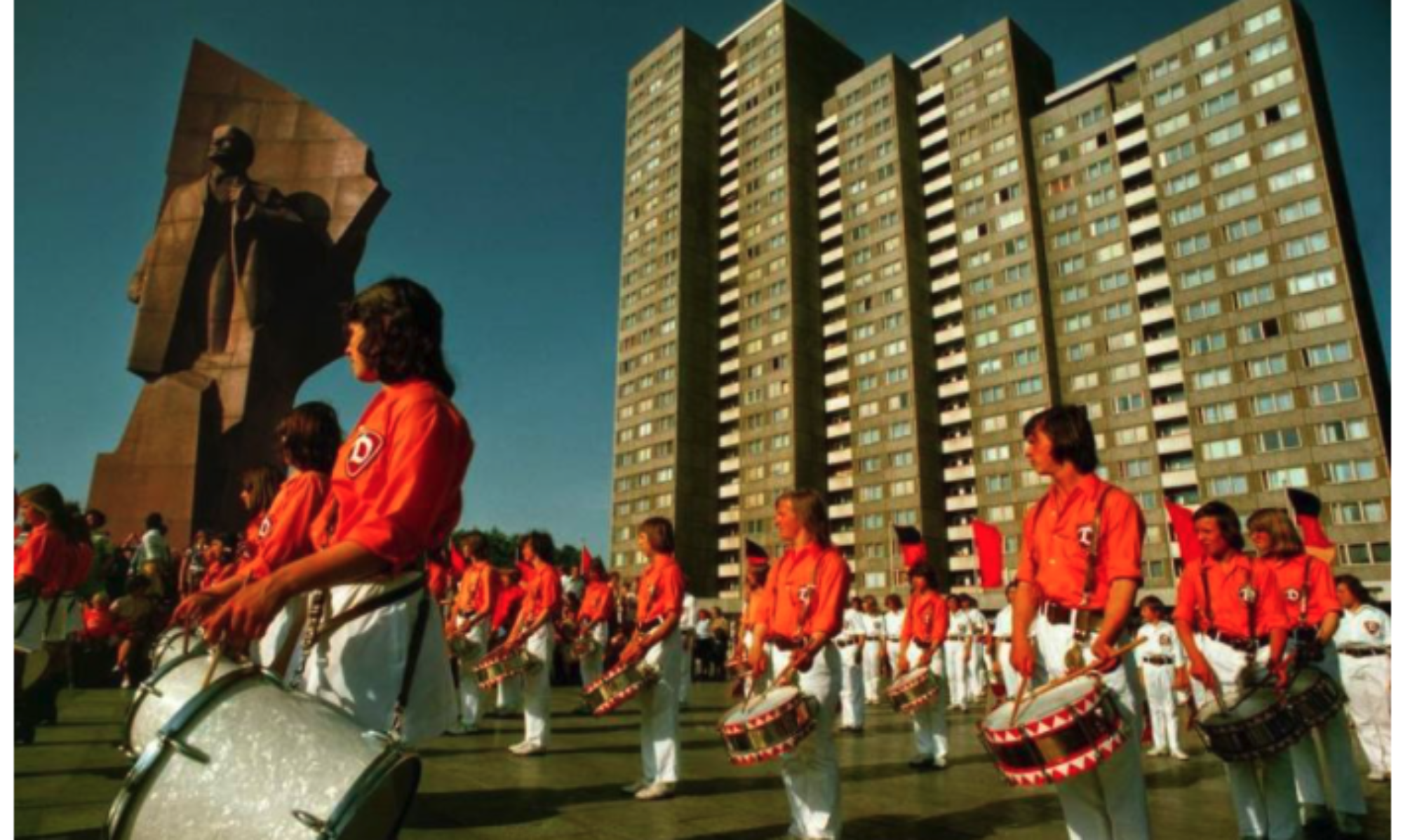Kovaly’s “Under a Cruel Star” paints a nearly dystopian account of the monstrosities committed against Czech citizens but as a primary source lacks the contextualization of the misleading, but widespread narrative of a friendly relationship between the Soviet Union and Czechoslovakia. This narrative arose out of a time when “the vast majority of Czechoslovaks supported a close alliance with the USSR” (85), and were genuinely supportive of the emerging relationship offered by the USSR. Applebaum asserts that “many beleived close relations with the USSR were necessary to protect Czechoslovakia’s soverignty in the event of an attack by a revanchist Germany” (20), and there is certainly a legitimate fear that rose up out of the occupation of Nazi Germany, but the use of “soverignty” is eerily foreboding given the USSR’s use of culture control and StB arrests–stripping the soverignty of the people at least. This source makes a clear argument that the relationship between the USSR and Czechoslovakia was involuntary and toxic, yet it was still remembered relatively favorably in the post-war period. This particular scope of remembrance was intended and engineered by both Czechs and Soviets but it was still ultimately successful in that moment which begs the question of why? Was post-war remembrance simply an oversight? An appreciation of the problematic, but ultimately successful liberation? A fear of Germany? What are the long term problems that could have (and did) rise out of this false remembrance?
